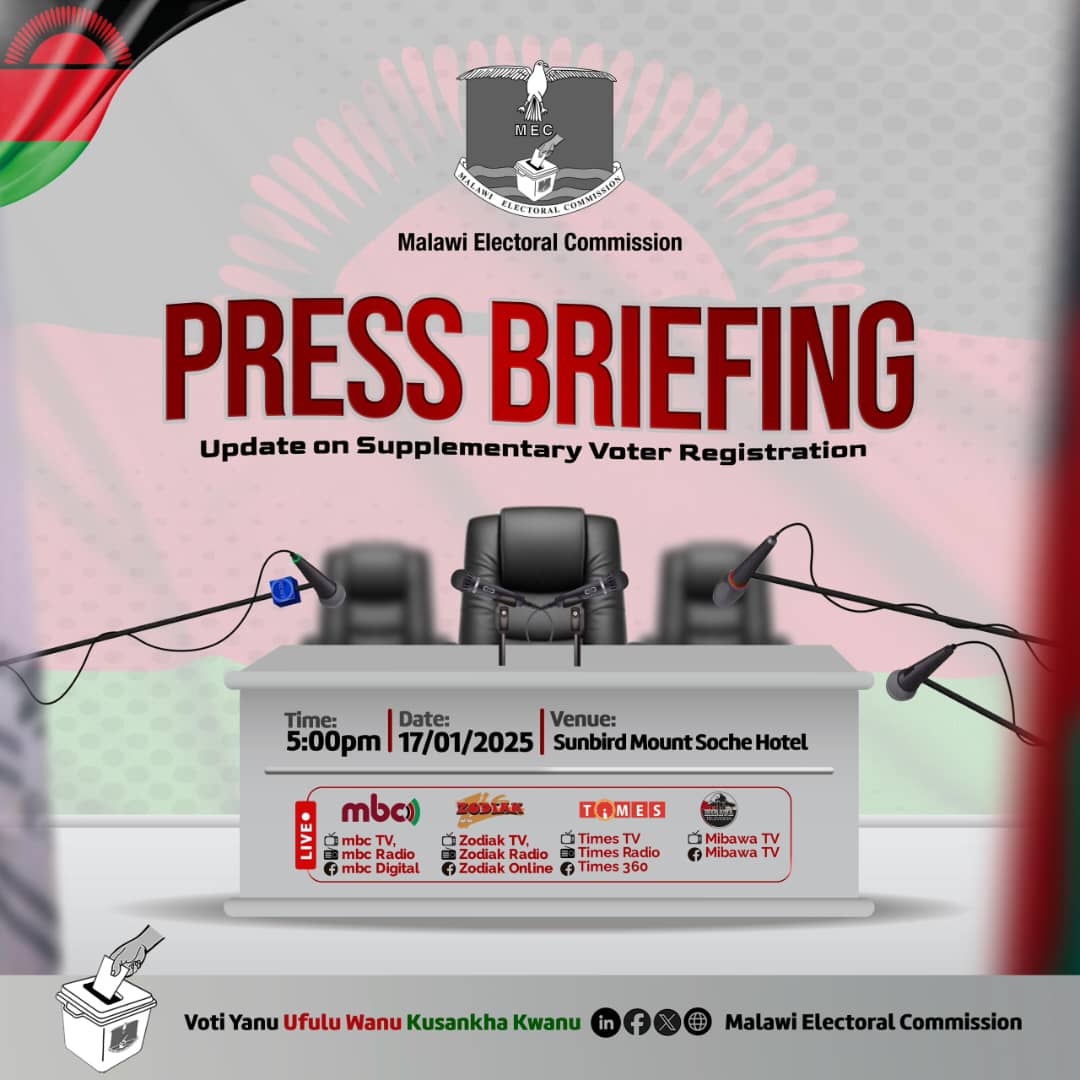By Twink Jones Gadama
As Malawians brace themselves for yet another national address from President Lazarus Chakwera, the air is thick with skepticism and frustration. Just days before his departure to the United Arab Emirates, Chakwera delivered a speech that, like many before it, was laden with promises and lofty rhetoric. However, the reality on the ground tells a different story—one of economic hardship, rising discontent, and a populace that feels increasingly alienated from its leadership. The president’s recent discussions of austerity measures have been met with derision, as many citizens perceive them as empty words devoid of actionable substance.
The crux of the issue lies in the growing chasm between the president’s eloquent speeches, often delivered in a polished American accent, and the dire circumstances faced by ordinary Malawians. While Chakwera’s command of language may impress some, it does little to alleviate the suffering of those struggling to make ends meet. The stark contrast between his articulate addresses and the grim realities of poverty, unemployment, and food insecurity has led many to label his speeches as “useless.” In a nation where many are grappling with starvation, the need for tangible action far outweighs the desire for oratory finesse.
Chakwera’s administration has been marked by a series of ambitious promises, yet the follow-through has been lacking. The austerity measures he spoke of are not new; they have been discussed in various forms since he took office. However, the implementation of these measures has been inconsistent at best. Citizens are left wondering whether the president’s words are merely a façade to placate the masses while the government continues to operate as usual. The perception that Chakwera is out of touch with the realities faced by his constituents is growing, and with it, a sense of betrayal.
The economic landscape in Malawi is dire. Inflation rates have soared, and the cost of living has become unbearable for many. Basic necessities such as food, healthcare, and education are increasingly out of reach for a significant portion of the population. In this context, the president’s speeches, filled with promises of reform and progress, ring hollow. People are not looking for eloquent speeches; they are looking for solutions. They want to see a government that prioritizes their needs and takes decisive action to address the pressing issues at hand.
Moreover, the president’s frequent trips abroad, including his recent visit to the UAE, have raised eyebrows. While international engagement is essential for any leader, the timing of these trips, especially when the nation is grappling with severe economic challenges, has led to accusations of neglect. Many citizens feel that their president is more concerned with international diplomacy than with the pressing issues facing his own people. This perception only deepens the divide between the leadership and the populace, further eroding trust in the government.
The call for action is not just a demand for immediate relief; it is a plea for a fundamental shift in governance. Malawians are yearning for a leadership that is responsive, accountable, and genuinely invested in their well-being. They want to see concrete steps taken to address the economic crisis, such as job creation, investment in local industries, and support for smallholder farmers who are the backbone of the economy. The focus should be on sustainable development that empowers citizens rather than relying on foreign aid and external partnerships that often do not translate into tangible benefits for the average Malawian.
In this context, the notion of a “presidential national address” is increasingly being questioned. Many citizens feel that these addresses have become mere rituals—performative acts that do little to address the real issues at hand. The expectation is not for more speeches but for a government that listens to its people and acts decisively to improve their lives. The frustration is palpable, and the demand for accountability is growing louder.
As the president prepares to address the nation once again, he faces a critical juncture. The opportunity exists to pivot from rhetoric to action, to demonstrate that his administration is capable of delivering on its promises. This requires not only a commitment to implementing the austerity measures he has discussed but also a willingness to engage with the public, to listen to their concerns, and to involve them in the decision-making process.
The path forward must be rooted in transparency and accountability. The government must provide clear, actionable plans that outline how it intends to address the economic challenges facing the nation. This includes setting measurable goals, timelines, and benchmarks for success. Malawians deserve to see a government that is not only willing to talk about change but is also prepared to roll up its sleeves and get to work.
In conclusion, the upcoming national address presents an opportunity for President Chakwera to redefine his leadership narrative. The time for empty promises and polished speeches has passed; what is needed now is a genuine commitment to action. The people of Malawi are hungry—not just for food, but for a government that prioritizes their needs and works tirelessly to improve their lives. If Chakwera can bridge the gap between rhetoric and reality, he may yet restore faith in his leadership and inspire a nation that is yearning for change. However, failure to do so will only deepen the disillusionment and frustration that currently permeates the Malawian landscape. The choice is his, and the stakes have never been higher.




